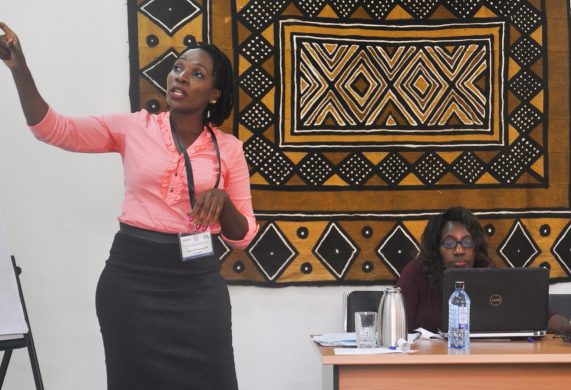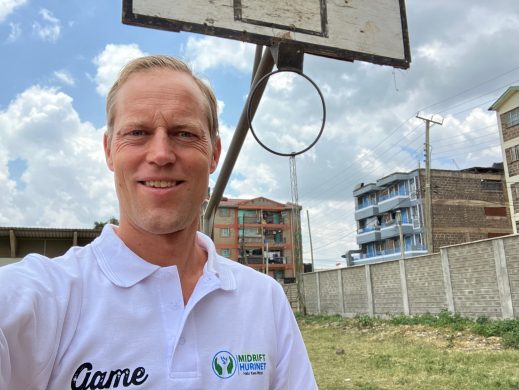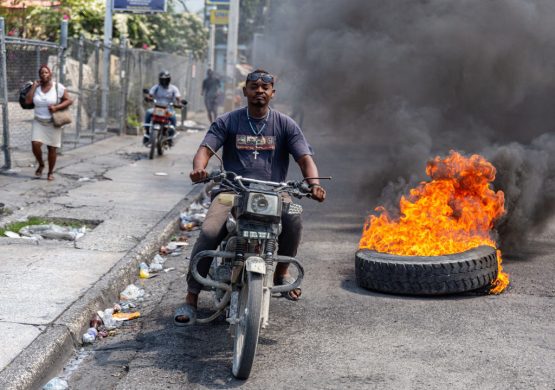Although access to electricity has increased from 18.1% of the Kenyan population in 2013 to an estimated 73.4% in 2018 (KPLC and USAID figures), there are still at least 3.9 million households (around 17 million people) without access to electricity.
Households that are not connected tend to be located in areas far away from the national grid, but there are also many households close to the grid that are not connected. It will require considerable effort to reach the target of universal coverage.
Ensuring access to energy for all
The research project “Innovation and Renewable Electrification” in Kenya, IREK, seeks to provide a better foundation for selecting and deploying available technologies in a way that increases inclusiveness and contributes to poverty reduction. IREK is a collaborative research project conducted by Aalborg University, the African Centre for Technological Studies and Moi University.
One of the main purposes of the project is to investigate the role of local policies and organisations in ensuring access to energy for all. Another is to identify the capacities and skills that are most urgently needed to maximise economic ‘co-benefits’ such as job creation and local supply chain development.














